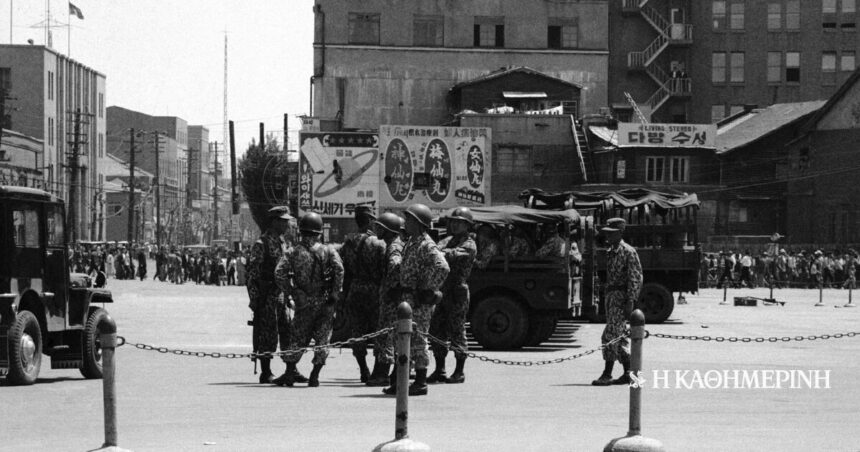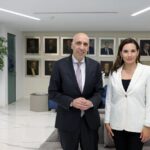In the early hours of May 16, 1961, military units were mobilized at Seoul meeting minimal resistance. It was a coup whose roots were several years ago – in its first leader South KoreaSingman Ri, and in his overthrow last year.
During his term of office, Ri had evolved into an authoritarian leaderintimidating political opponents, raising funds illegally and using the army to distort the election. The most gloomy example of electoral fraud It was noted in the 1960 elections and was followed by mass protests referred to as Aprilian revolution or revolution on April 19. After that, Reta was forced to resign and lived the rest of his life in exile, in Hawaii.
South Korea then adopted a parliamentary form of governance, where the president’s election was made by the National Assembly and his powers declined significantly. Nevertheless, there was Continuous pressure from competitive interests and from various problems, such as the high rate of crime, inflation and anemic economic growth.
Radical political parties and student groups They demanded the withdrawal of foreign troops in the country.
This was the situation in early 1961, when some radical political parties and student groups They asked for the withdrawal of foreign troops in the country and a meeting with representatives of North Korea. This move mobilized the most conservative elements of South Korea, which they considered that the country’s volatility could evolve into an invitation to the North Korea to re -invade the south of the Korean Peninsula.
At that time, Army was the most sophisticated and organized institution of the country. Among its circles, however, there were several unhappy colonels and unconstitutionalists – mainly because of their non -ratings – who were to be the core of May 1961. Lieutenant General Parkwho had joined the Japan Mansuku army in 1940. After the liberation, he entered the Korean Military Academy and during the Korean War, he managed to recognize his contribution and reach the rank of Lieutenant General. In the years that followed, he had shown in many cases his commitment to anti -communism.
Park concentrated on many state functions in his hands and took control of private companies.
The success of the May 16 coup was first due to the fact that managed to effectively utilize the discontent of the low -level military executives And that it has quickly managed to use the Korean army mechanism to rebuild the state, turning it into the driving force of economic boom in the years that followed.
Under the new regime, the Supreme Council of National Reconstruction was established, which in fact took control of the country. Applying sweeping economic reforms and political reforms which was not possible during the RI government, Park concentrated on many state functions in his hands and took control of private companies, utilizing foreign loans and the environment of an economy that were international to pursue the country’s export orientation.
Today, the 1961 coup and its leader are controversial issues. Although some point out the stability and economic prosperity that this has brought about –The eighteen -year -old Park governance is closely linked to the so -called “miracle on the Han River”, the conversion of South Korea from a poor country to one of the most important economies– Others criticize him for violating human rights and that political violence delayed the development of democratic institutions in the country for decades.
Column: Myrto Katsigera, Vassilis Minakakis, Antigoni-Despina Poumenidou, Athanasios Syroplakis




